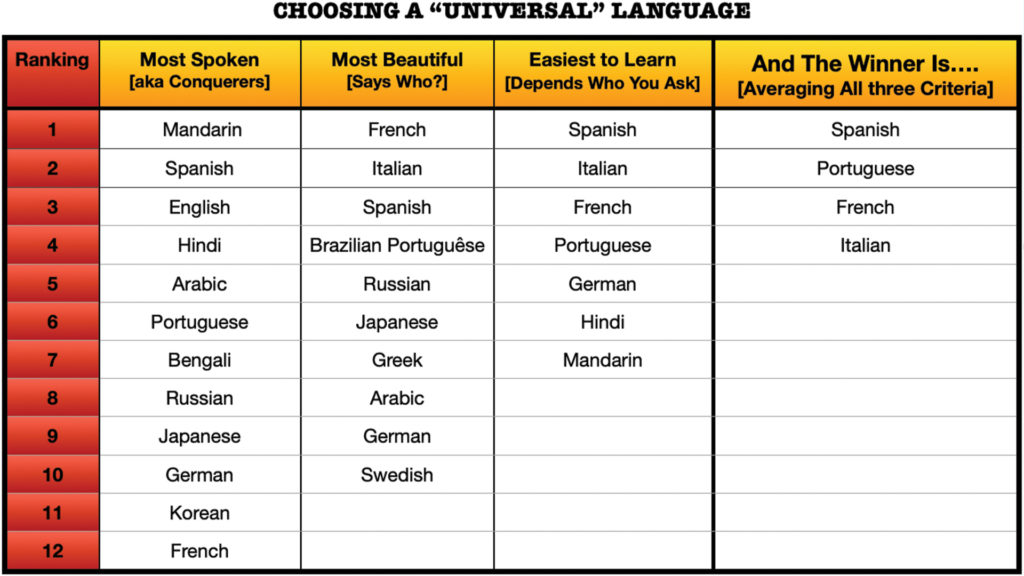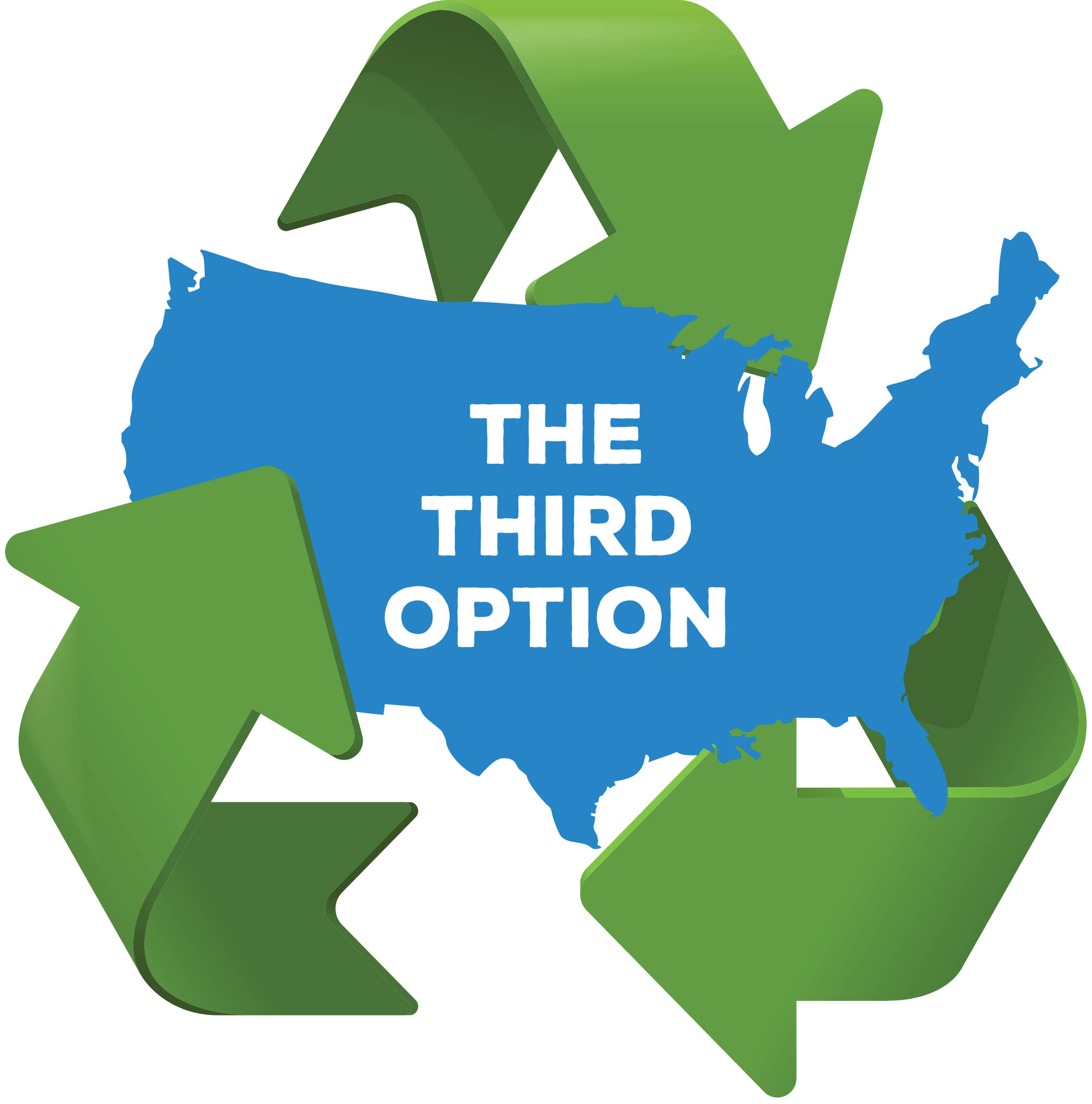I. The Universal Language of Emotion
We are born equipped with a universal language, and though we all know how to speak it, we seem to have lost our ability to comprehend it. The language of emotion is best communicated up close, but our world has increasingly grown more distant and consequently impersonal; this is a by-product of having fashioned an environment that emphasizes an independent pursuit of happiness, which has consequently led to self-absorption and placing the value of ‘things’ above the value of people.

Early parent and child Education should emphasize reconnecting everyone to their inherent emotions, in order to gain emotional ‘intelligence’ and ‘literacy’ on the front end. Learning to separate emotional reactions from the ‘circumstances’ that (we believe) caused them can help us ‘relate’ at the emotional level, and form a natural connection, before proceeding to unpack the complex physical and mental circumstances behind the emotion. People are born to share information, and emotional information has a tendency to resonate and amplify if we do not decode it first, in order to better understand the person, as well as the message they are attempting to share. Those students with high emotional intelligence would be perfect as our future counselors and social workers, who would be able to decode emotional patterns so well, it could lead to early diagnosis of various Childhood Traumas (ACES), where prompt intervention can hopefully reverse potential long-term health issues.
II. Solving the Violence Equation
Violence is a form of communication. People were basically an ‘analog’ communication network long before we became digital. Violence is a language everyone speaks, but no one speaks about; until we listen to it, however, it will continue trying to make itself understood.
In forming a theory of Violence, the first thing we must do is shed our fear of it, which clouds judgment, and leads to ridiculous solutions like combating violence with more violence—the perfect recipe for never ridding ourselves of it. The violent have already been shamed by violence themselves, and in order to purge this toxic shame, will transmit it onto someone else; they will likely target those who appear ‘weak’—who exhibit the same fear they felt when they were victimized, the same fear which they have grown to despise in themselves, and associate with a weakness in themselves. This ‘weakness’ leaves them ashamed, and shame is a full-frontal assault on their soul, every bit as real as a physical assault, for which the survival instinct must respond. Early childhood trauma leaves people with a ‘hair triggers’—when and how this trauma will be ‘purged’ may never be completely predictable.
Ultimately, people who have been victimized in childhood must learn to control their rage from within—no one can do this for them. Still, if we better understand their suffering—how they were abandoned completely powerless (un-empowered)—we could learn ways to ‘empower’ them remotely, so they have enough strength to overcome this initial insufficiency. Support must come in the form of an emotional connection; the violent do not wish to get advice from the non-violent, just as the oppressed do not really want a lecture from their oppressor, especially when oppressors hide among the so-called ‘non-violent’, still unidentified. We must task our children to begin dissecting and understanding this complex subject. Our recommendation: begin interviewing the violent, collect data, and find the common thread present in all forms of violence. Forms include
- Child Abuse
- Elderly Abuse
- Neglect / Abandonment / Deprivation
- Bullying / Threatening / Fighting / Intimidating
- Insulting / Name Calling / Verbally Abusing
- Cyberbullying
- Humiliating / Shaming / Shunning
- Hate Speech / Discrimination
- Assault & Battery
- Armed Robbery
- Sexual Assault / Rape / Stalking / Sexual Harassment
- Incarceration
- Gang Violence (all groups, including our “mob mentality”)
- Murder / Suicide

III. Forming a Universal Spoken Language
People already have enough barriers between them culturally and historically, without the added difficulty posed by a language barrier. Creating a universal spoken language would be a worthwhile exercise.
Supposedly, learning to speak Mandarin is much easier than learning to write it. French has been the language of Diplomacy in the past. Spanish is not difficult to learn, and appears to have a descriptive vocabulary, as does Russian.
Many of the higher-ranked languages in the “Most Spoken” category are up there because conquered native people were forced to learn them from their conquerors, which may automatically disqualify them from serious consideration. Meanwhile, a language like Lakota, which is a very beautiful and rich language, is in danger of becoming extinct. There are currently 7,117 languages remaining, though 90% of them are spoken by less than 100,000 people.
There was an attempt to construct a neutral language back in the 19th century [Esperanto, which is still spoken by a couple million people today]. The idea of it makes sense: to give language a “re-do,” in order to make it clearer and more succinct, meanwhile borrowing from all languages, while favoring no particular language. It could be a nice World “TEAM-BUILDING” Project, and would give all those Linguists out there something to get fired up about.

